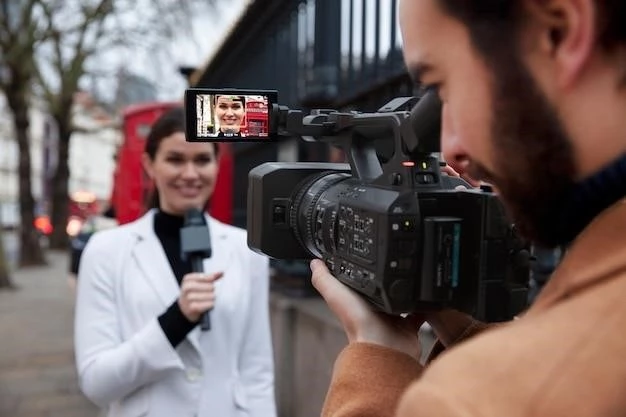
In today’s digital age‚ where information spreads at lightning speed‚ the media plays a crucial role in shaping our understanding of the world. However‚ this powerful platform can also be exploited to spread misinformation and conspiracy theories. As a keen observer of the media landscape‚ I’ve witnessed firsthand how these theories can gain traction and influence public opinion.

One of the primary ways the media contributes to the spread of conspiracy theories is through sensationalism. In the pursuit of higher viewership or clicks‚ some media outlets prioritize eye-catching headlines and narratives over factual accuracy. These outlets often exploit fear‚ anger‚ and distrust to draw audiences‚ often by presenting conspiracy theories as credible alternatives to established knowledge. I remember being drawn into a series of videos about a supposed “secret government program” that I found on a popular online platform. The videos used dramatic music and compelling visuals‚ making the claims seem plausible‚ even though they lacked any credible evidence. It was only after I delved deeper into the subject that I realized the videos were based on misinformation and speculation.
Another contributing factor is the rise of social media. Platforms like Facebook‚ Twitter‚ and YouTube have democratized information sharing‚ allowing individuals to become publishers. While this has its benefits‚ it also creates a breeding ground for conspiracy theories to spread unchecked. I’ve seen how easily misinformation can go viral on social media‚ often fueled by algorithms that prioritize engagement over accuracy. For example‚ a recent conspiracy theory claiming that a vaccine was causing widespread health issues spread like wildfire on Twitter‚ even though it was debunked by medical experts.
Furthermore‚ the media’s reliance on “experts” and “insiders” can also contribute to the spread of conspiracy theories. When media outlets present individuals with questionable credentials as authorities on complex topics‚ it can lend legitimacy to their claims‚ even if those claims are unfounded. I recall watching a news segment where an individual claiming to be a former government agent was interviewed about a conspiracy theory involving aliens. Despite the lack of evidence‚ the individual’s confident demeanor and claims of inside knowledge made the theory seem plausible to some viewers.
While it’s easy to criticize the media for its role in spreading conspiracy theories‚ it’s important to remember that consumers also have a responsibility. We need to be critical consumers of information‚ verifying sources‚ and engaging with diverse perspectives. I’ve learned the importance of fact-checking information before sharing it‚ and I encourage others to do the same. We should also be wary of emotional appeals and sensationalist headlines‚ and seek out information from credible sources.
In conclusion‚ the media plays a significant role in shaping public perception‚ and its influence can be both beneficial and harmful. While the media can be a powerful tool for disseminating information and fostering understanding‚ it can also be exploited to spread misinformation and conspiracy theories. It’s crucial for both media outlets and consumers to exercise responsibility and critical thinking to ensure that the information we consume is accurate and reliable.










